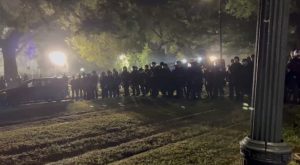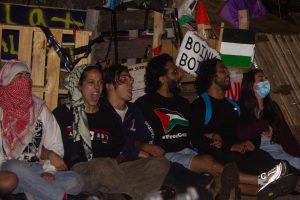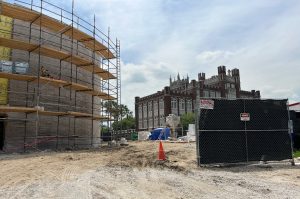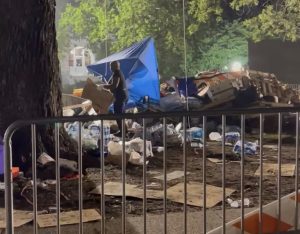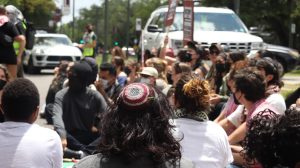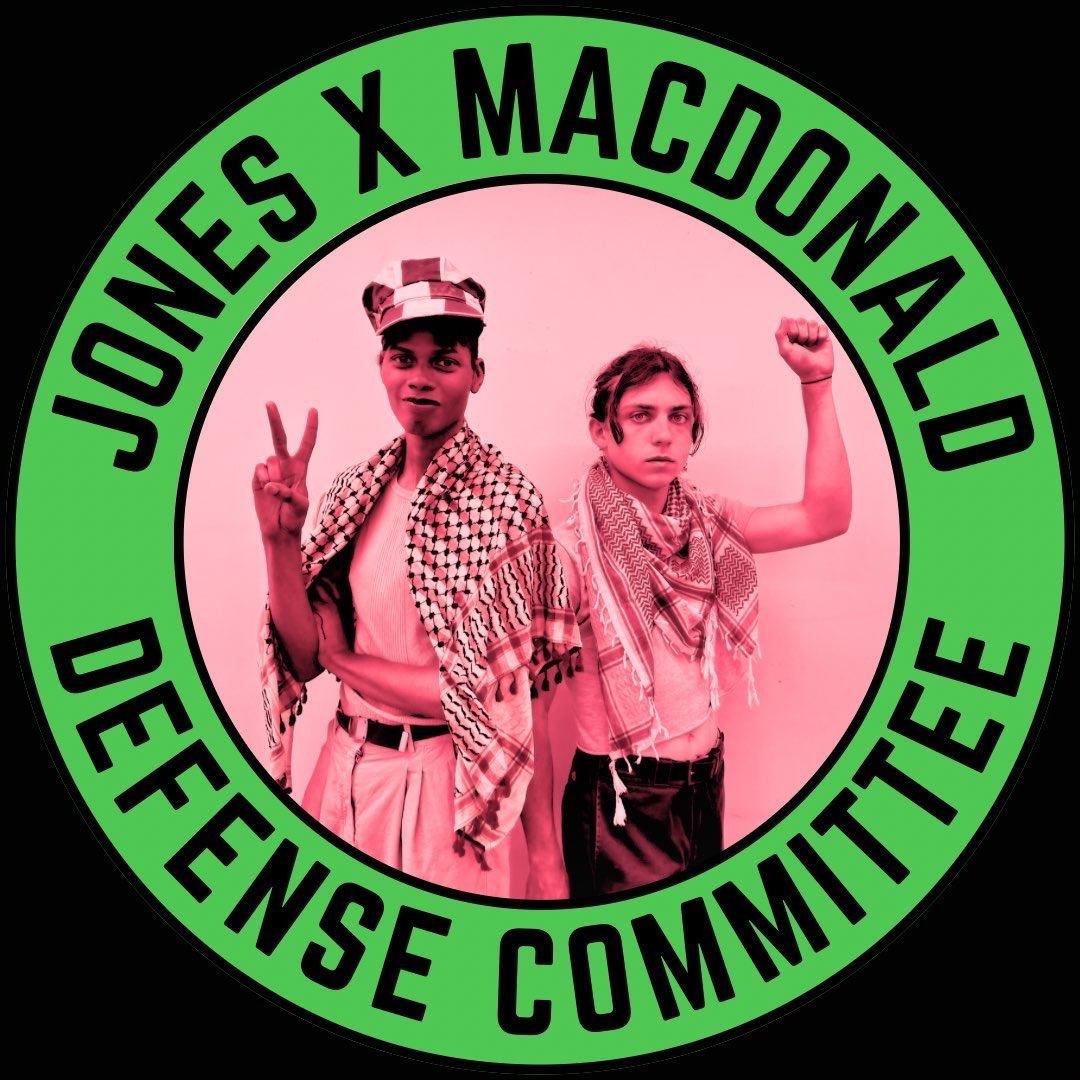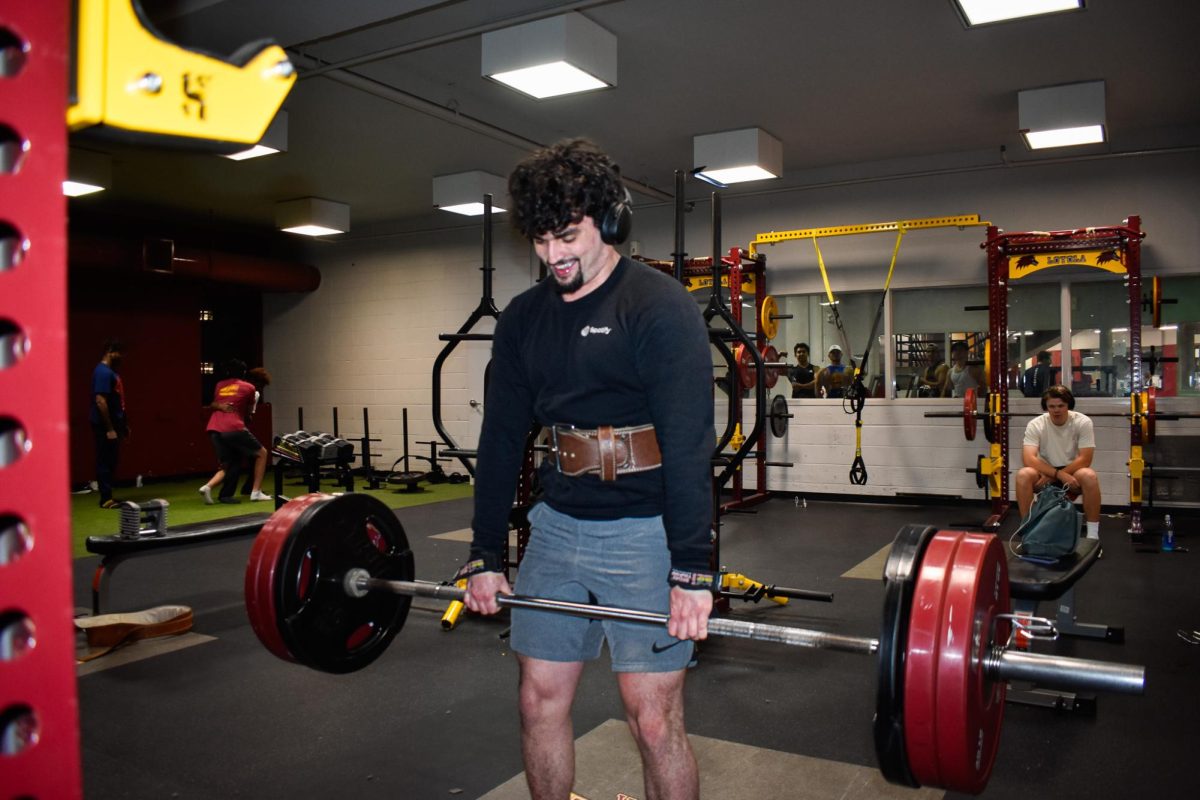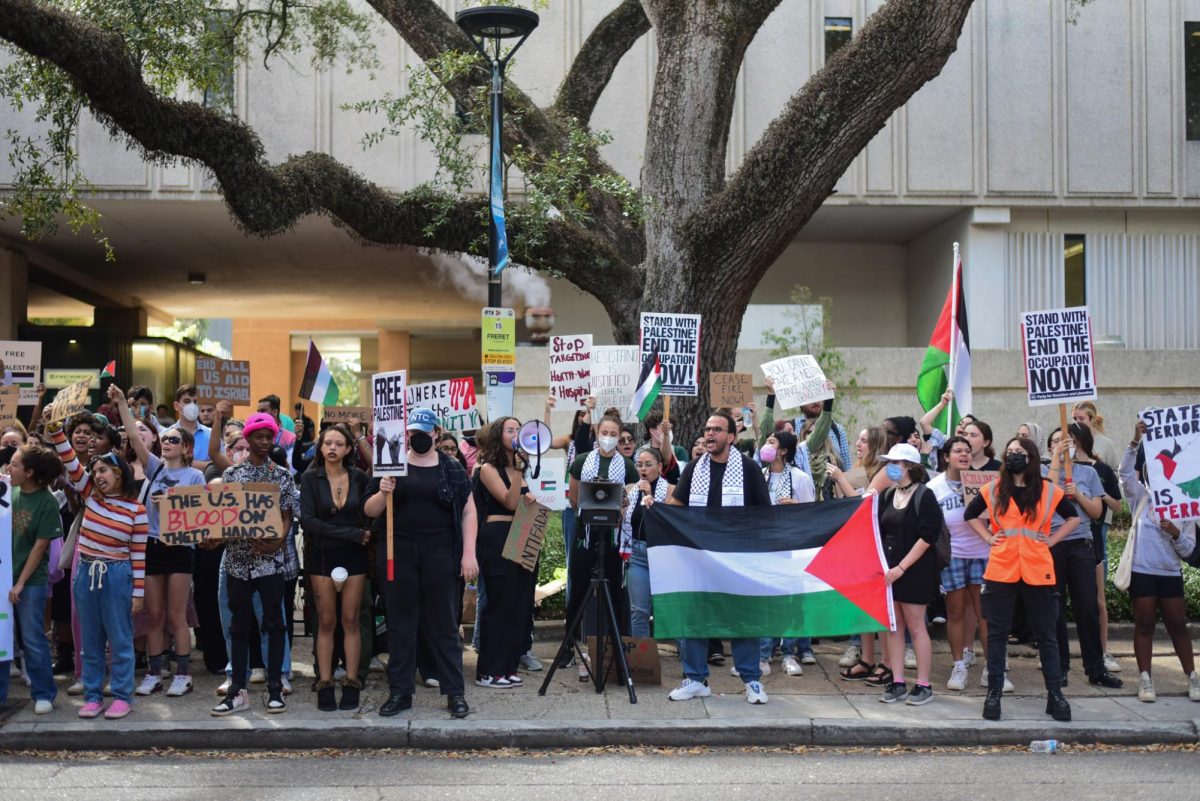Mass communication sophomore Zaina Mansour’s father asked her not to walk back from her night class alone the day after Army psychiatrist Maj. Nidal Malik Hasan opened fire on his fellow soldiers in Fort Hood, Texas.
She said her father was worried about the responses people would have to the ties officials and news media were making between Hasan’s Muslim religion and his act of violence, a connection that many in the Loyola community said was skewed and upset much of the Muslim population on campus.
“I thought, ‘Oh God, not again,'” Mansour said. “So many thoughts were going through my mind. Here we go again with the media blaming this on Islam and our beliefs. Why did he have to be Muslim?”
Mansour, who grew up in New Orleans and lived in Palestine for a short time, said two separate Loyola students came up to her after the news broke and asked if she knew Hasan.
“Really?” she had told them. “Are you seriously asking me that question?”
Muslim Student Association President Amna Aziz, biology senior and member Omar Syed, psychology senior, said they didn’t face any discrimination, but were offended by the connections TV news networks were making.
“Why do you have to make it a terrorist case?” Aziz said. “It’s clearly a case of someone dealing with issues that aren’t representative of the Muslim community.”
Hasan’s actions were not consistent with those of a devout Muslim, Syed said.
Reports came out that Hasan had been attending strip clubs weeks before the shootings.
“A Muslim doing this a few days before you’re going to die would be terrified,” Syed said. “You’d think you were going to hell.”
History professor Behrooz Moazami said soldiers’ reports that Hasan had shouted “Allahu Akbar” — meaning “God is great” in Arabic — before opening fire had psychological meaning, but not religious meaning.
“Crazy people use expressions to legitimize their actions,” he said. “He happened to use a Muslim one.”
Moazami, who will teach a course in the history of radical Islam next semester, said some media outlets were stretching it by making connections to a mosque that those behind the Sept. 11 attacks associated with.
“It seems not to be very relevant or important,” Moazami said. “He could have gone to another mosque, and they would have said the same things.”
Loyola students and professors should address these issues in the classroom, he said, where dialogue can take place and people can learn from each other.
Political science senior David Zoller, who grew up in a military family, said his first reaction when he heard the news was to assume it was the result of psychological strain.
To talk about Hasan’s religion is to miss the point, he said.
“We’re talking about a psychiatrist who has to listen to all these horror stories,” Zoller said.
If Zoller himself had committed an act like that, the immediate assumption would be that something was wrong with him, he said.
“But the first reaction is, ‘Oh, he’s Muslim. He’s a terrorist.'”
Aziz said she hopes Dec. 5 will open up an opportunity for dialogue when the documentary “Inside Islam: What a Billion Muslims Really Think” will be shown at McAllister Auditorium at Tulane.
The information is based on a Gallup poll of Muslims around the world and their opinions on gender, terrorism and democracy.
“We hope that after watching this movie and this bazaar, people will be more open-minded about the majority of Muslims in the world and may not affiliate Islam with terrorism,” Aziz said in an e-mail.
Mansour said she’s encountered a lot of people who don’t associate her religion with acts of violence, but also a lot of people who do.
But she said while she believed the events at Fort Hood revealed issues of Muslim discrimination, she said the most important thing to remember is that lives were lost.
“To anyone who’s humane and believes that killing innocent lives isn’t right, it was a tragedy for all of us,” she said.
Katie Urbaszewski can be reached at [email protected]


